SUMMARY
This is AI generated summarization, which may have errors. For context, always refer to the full article.

MANILA, Philippines – A United Nations Educational, Scientific and Cultural Organization (UNESCO) report published on on Friday, December 9, found that there is a continuing “misuse” of judicial systems around the world to attack press freedom.
The UNESCO report, “The ‘misuse’ of the judicial system to attack freedom of expression,” addressed trends, challenges, and responses worldwide on defamation and related laws, specifically on abusive legal practices.
The report found that countries have been reintroducing the criminalization of defamation, noting that the global campaign to decriminalize the act faces a setback after having gained traction a decade ago. UNESCO identified 160 countries that now criminalize defamation. While laws designed to combat mis- and disinformation, cybercrime, or hate speech have been passed in the last five years, UNESCO warned that these may have a negative effect on press freedom.
The report found that, globally, at least 57 laws adopted or amended since 2016 in 44 countries may have “overly vague language or disproportionate punishments,” which threaten online freedom of expression and media freedom.
Defamation is a criminal offense in 39 of Africa’s 47 countries; 38 of the 44 countries in Asia and the Pacific; 15 of the 25 states in Central and Eastern Europe; 29 of the 33 Latin America and Caribbean states; and in 20 of the 25 states across Western Europe and North America.
UNESCO Assistant Director-General Tawfik Jelassi called for an examination of defamation laws in the legislature, with consideration for international standards, and for “the point of view of protecting freedom of expression and the vital work of journalists.”
“UNESCO continues to call for the decriminalization of defamation and warns against the trends of the use of judicial systems to attack media freedom,” Jelassi added.
The UNESCO wrote in a press statement, “Against this scenario, it is advised that states should repeal criminal defamation laws and replace them with appropriate civil defamation legislation in line with international standards.”
It also called for civil society organizations and media groups to continue doing awareness campaigns for the public, and for groups to provide strategic litigation and legal support for journalists who are “critical for encouraging them to continue their work and can result in concrete and positive legal and policy change.”
In the Philippines, Rappler CEO Maria Ressa received support from local rights groups, slamming the October 2022 decision of the Court of Appeals to deny Ressa’s appeal in her and former Rappler researcher Reynaldo Santos Jr.’s cyber libel conviction. International groups also urged the Marcos government to withdraw the cases pursued by the previous Duterte administration against the Nobel laureate.
“We call on President Marcos to show the world that he rejects the Duterte-era persecution and prosecution of journalists and independent media by immediately withdrawing all charges and cases against Ressa, her co-accused, and her Manila-based news outlet Rappler,” the Hold the Line Coalition said.
The UNESCO report also highlighted the increase in “forum shopping” or the practice of choosing a court favorable to the complainant, and the rise of intimidation lawsuits or Strategic Lawsuits Against Public Participation (SLAPPs)
SLAPPs, the organization explained, are filed by powerful actors looking to silence critical voices, and are on the rise globally. Their objective is not to win a court case, but to burden the target with protracted legal proceedings, costs, and a negative psychological effect.
“The use of judicial proceedings against journalists reporting on public interest matters is a growing threat to press freedom around the world,” said Pádraig Hughes, legal director of Media Defence, an international human rights group providing legal assistance to the press, citizen journalists, and independent media.
“Powerful individuals, corporations, and government officials have in recent years adopted this tactic to silence and harass independent journalists. Their legal defense is not only important on an individual level, but more broadly to prevent ideas and information from being removed from the public space,” he added. – Rappler.com
Add a comment
How does this make you feel?
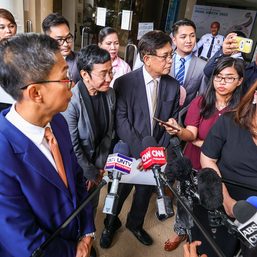
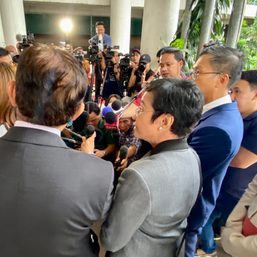
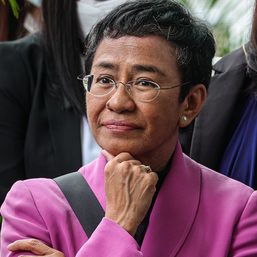

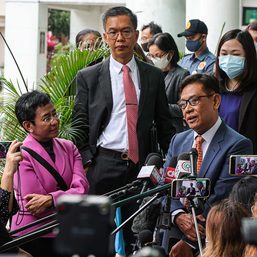
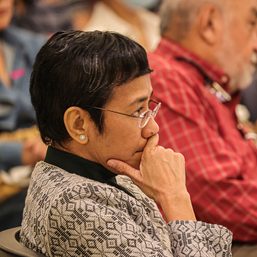

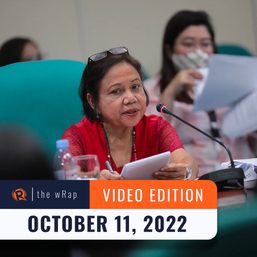


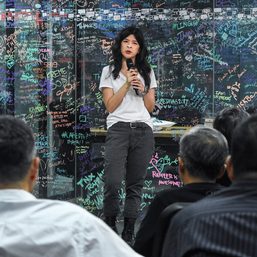

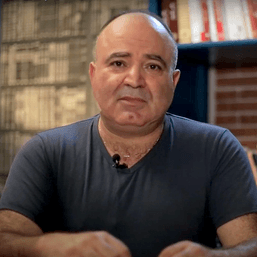

There are no comments yet. Add your comment to start the conversation.